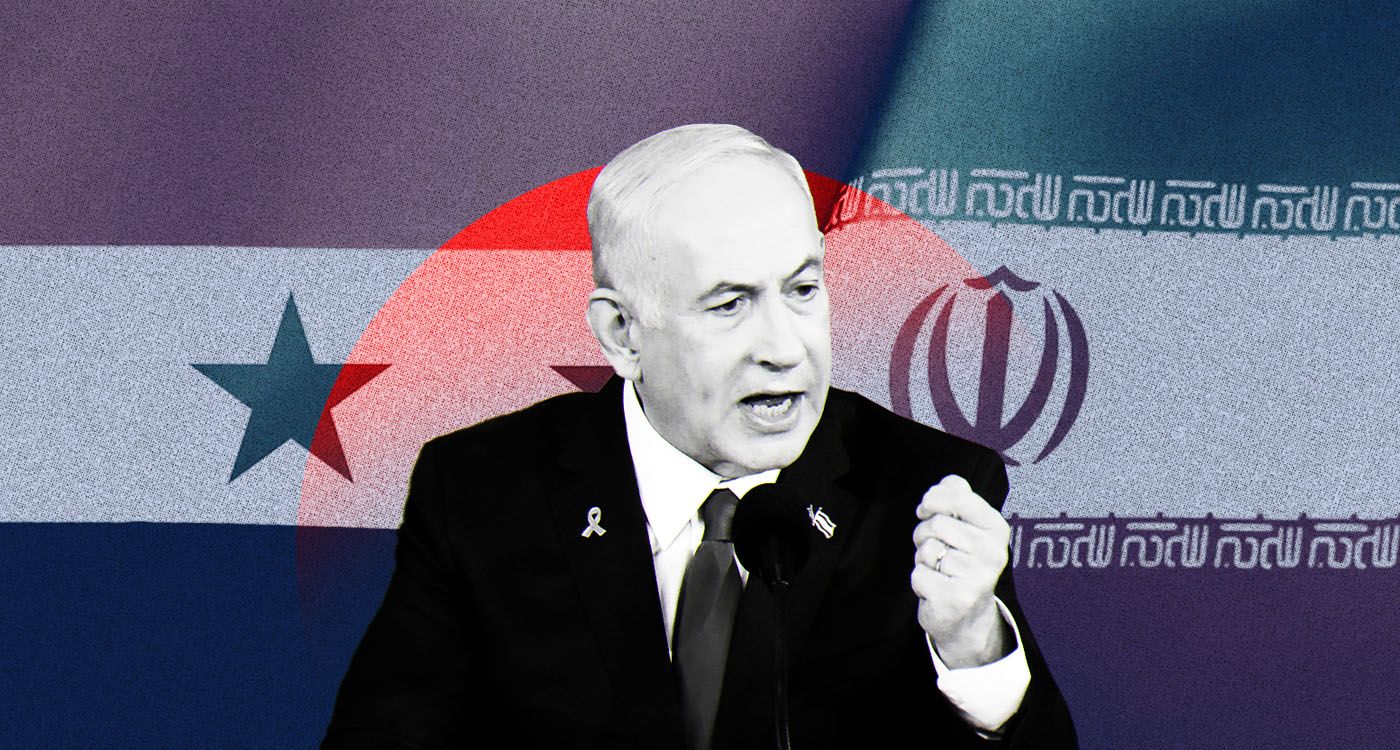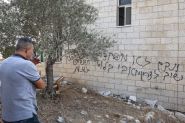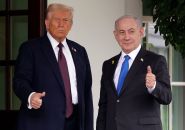- Home
- Middle East
- After the Ceasefire, Iran and Syria in Netanyahu's Crosshairs

©This is Beirut
In his speech on Tuesday, Israeli Prime Minister Benjamin Netanyahu presented his strategic vision for Israel, emphasizing a shift in national priorities toward addressing the "Iranian threat."
While defending the ceasefire agreement with Hezbollah in Lebanon, Netanyahu cautioned that the arrangement was meant to allow Israel to focus on its key strategic concerns, with Iran, which he views as the primary source of regional instability, at the forefront.
Changing the Face of the Middle East
Netanyahu described Iran as an "existential threat," highlighting that its nuclear ambitions and regional alliances jeopardize Israel's security. He stated that the ceasefire in Lebanon would help "change the face of the Middle East" by redirecting Israeli efforts to counter the Islamic Republic. He explained that this strategic shift is crucial as Iran not only advances its nuclear program but also intensifies its support for armed groups such as Hezbollah in Lebanon, Hamas in Gaza and militias in Syria.
Syria: A Strategic Gateway for Iran
Syria holds a pivotal role in this dynamic. Israeli Prime Minister Netanyahu directly warned Syrian President Bashar al-Assad, emphasizing that he "must understand he is playing with fire." This statement aligns with Israel's frequent military operations targeting Iranian infrastructure in Syria.
The rationale is clear: for years, Syria has served as a critical corridor for the transfer of weapons from Iran to Hezbollah. Facilities near Damascus, Masyaf, and the Syrian-Iraqi border, such as Boukamal and Deir ez-Zor, are regularly used for the storage and transit of sophisticated weaponry, including precision-guided missiles and drones.
Israel views these routes as a direct threat to its security and has intensified its airstrikes to prevent the strengthening of Hezbollah.
Masnaa, a key border crossing between Syria and Lebanon, symbolizes this challenge. This checkpoint is crucial for the transfer of Iranian arms shipments into Lebanon. For Netanyahu, dismantling these supply lines is a strategic priority, as it directly weakens Hezbollah and, by extension, curtails Iran's ability to project its influence in the region.
Netanyahu stressed that the fight against Iran requires careful management of open fronts. According to him, separating the conflict with Hezbollah in Lebanon from the one with Hamas in Gaza represents a strategic victory.
The Iranian Web of Influence
The Iranian issue, however, remains at the heart of Israel's priorities. The Israeli Prime Minister justified his actions in Syria and Lebanon as part of a broader campaign aimed at containing Tehran's influence.
He pledged to continue preventing Iran from acquiring nuclear weapons, emphasizing that every strike in Syria or operation against Hezbollah is part of this larger framework.
At the end of October, an Israeli airstrike on the Parchin military complex in Iran reportedly caused significant damage to the country's ability to develop a nuclear weapon, according to two Israeli officials quoted by Axios.
The raid reportedly targeted the Taleghan 2 site, deemed vital for research on explosives needed to manufacture a nuclear bomb.
The destroyed facility is said to have housed sophisticated equipment used to test plastic explosives surrounding uranium in a nuclear weapon. This equipment, a remnant of Iran’s abandoned military nuclear program from 2003, would be crucial if Iran chose to resume such a project.
Washington: An Unwavering Ally
In his speech, Netanyahu addressed international pressures, particularly from the United States, to explain the urgency of his decisions.
He acknowledged that while cooperation with Washington is crucial, it does not always align with Israel's priorities, especially given that the Biden administration appears to favor diplomatic solutions with Iran.
According to Israeli newspaper Haaretz, Netanyahu suggested that he hoped for a shift in policy if Donald Trump were to return to power, which could grant Israel greater freedom to act.
Read more



Comments